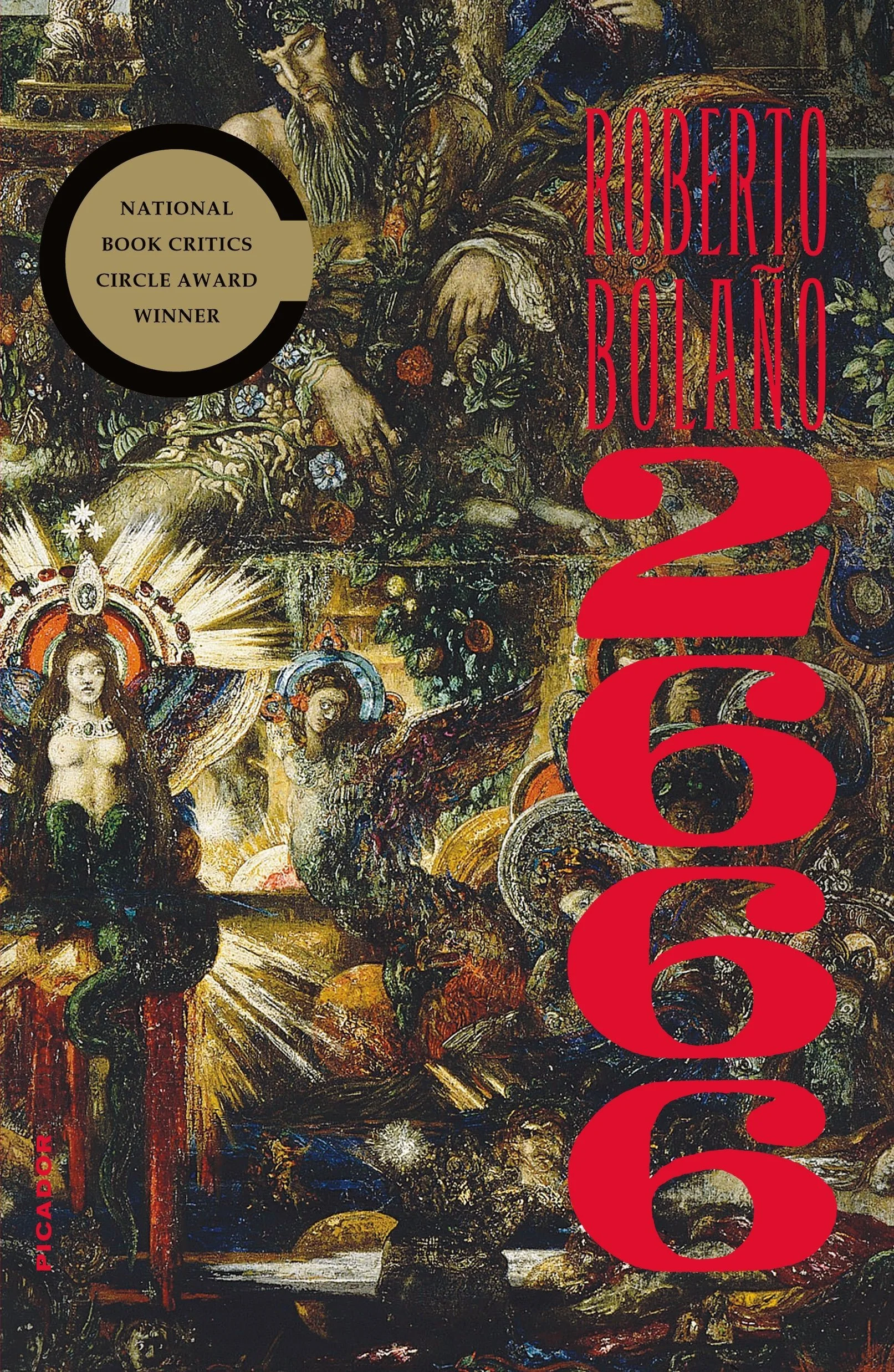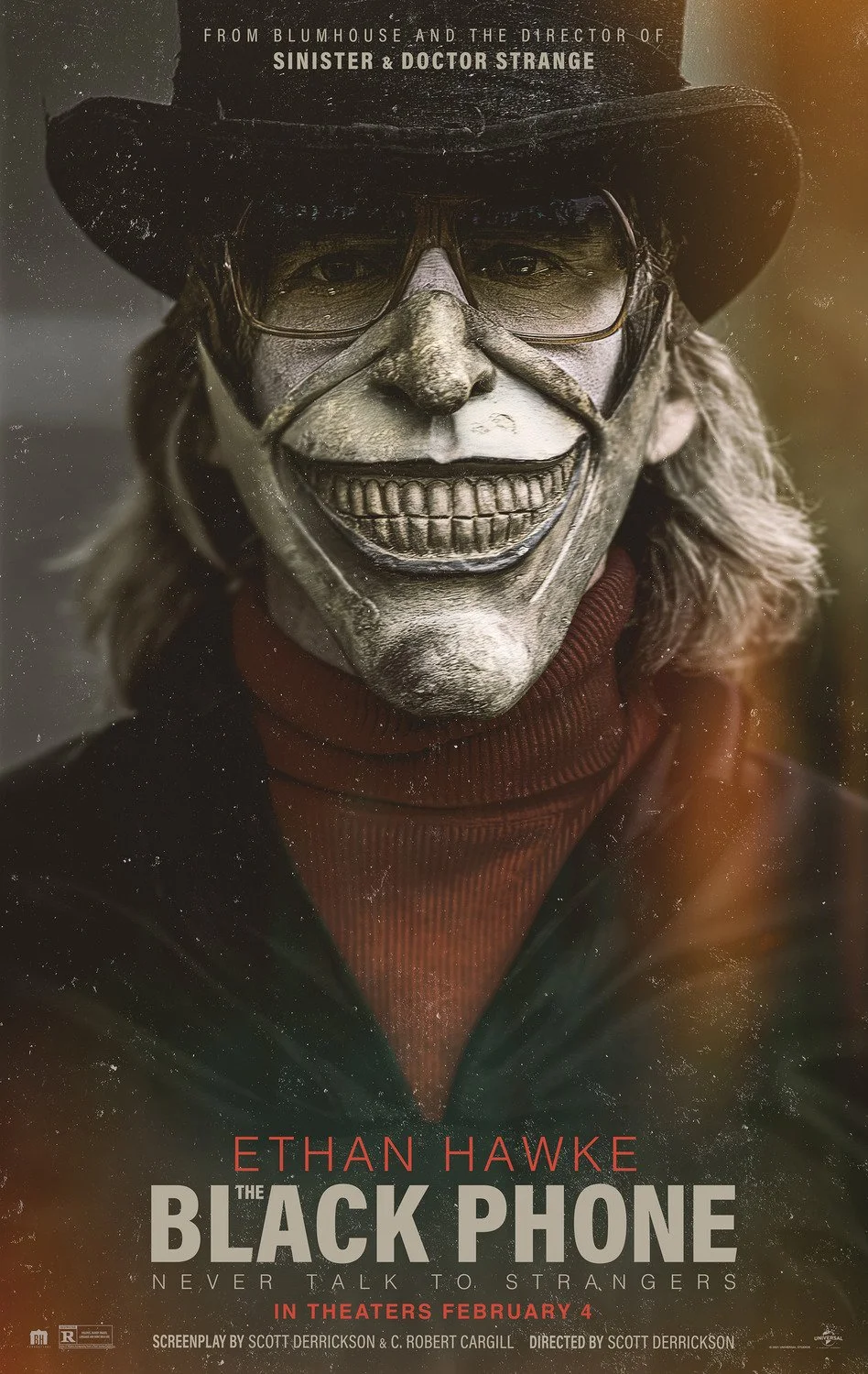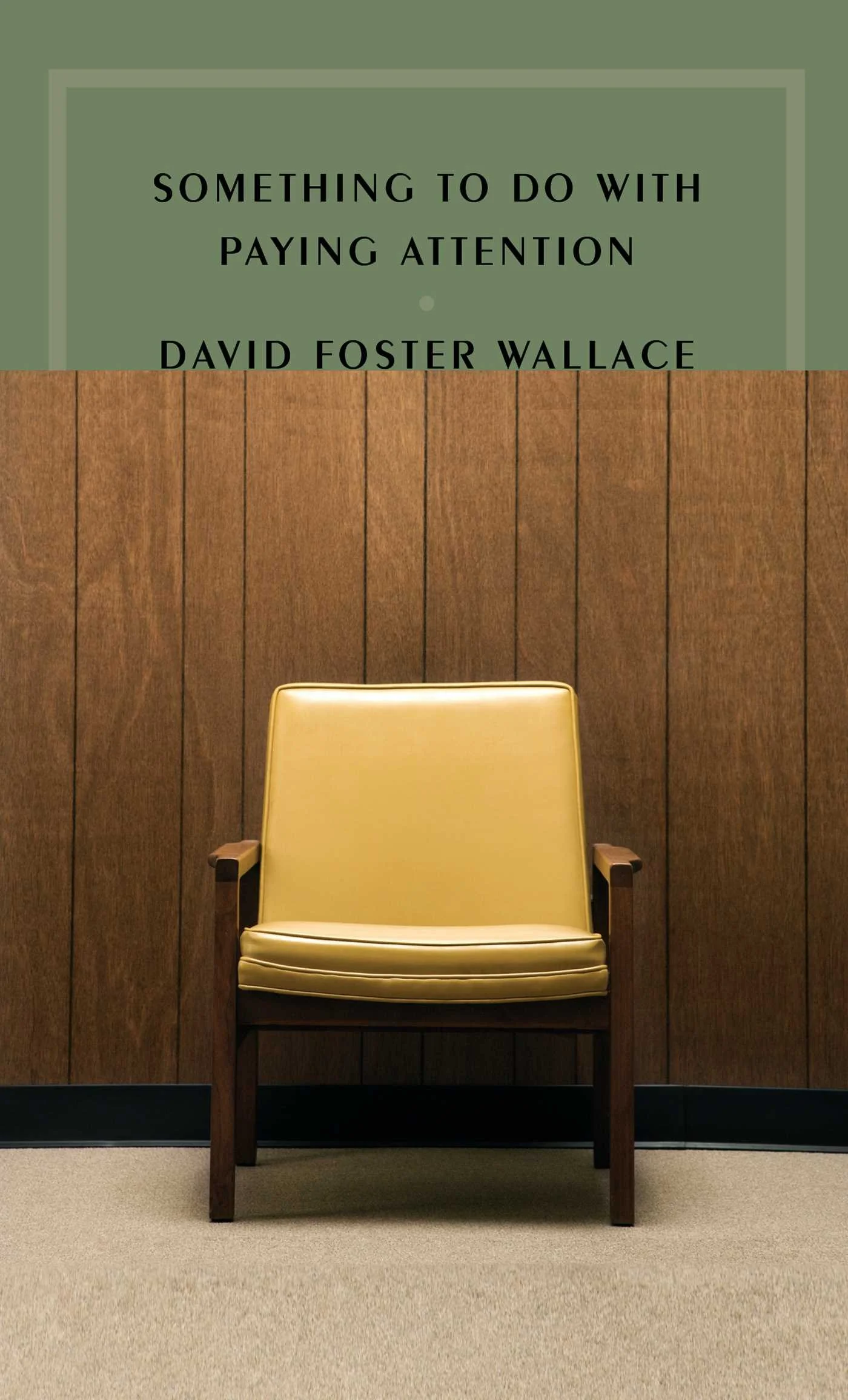Classic Book Review : Roberto Bolaño - 2666 (2004)
When I was little, the thickness of books was a sign of their inherent value. The longer, the more intellectually engaging and spiritually engaging it must've been. Back then, I had yet to read anything longer than 100 pages and my mom's thick-ass Danielle Steel novels impressed the hell out of me. Long novels do have a mystique, though. They create exclusive clubs of enlightened beings who feel special for finishing them. don't read many of them today because I don't enjoy them in fragmentary settings.
But Roberto Bolaño's 2666 had been lying around the house for over a year now and two weeks in France were more than enough to disappear into it. The operation was a resounding success and I'm here to tell you today whether it's worth your time to do so or not.
One important aspect to understand about 2666 is that it's not one novel. It's a collection of five thematically connected novels who more or less overlap one another. The first part tells the story of four academic nitwits chasing their favorite author around the world. The second part is about a father worried for his daughter’s safety. The third is about a journalist investigating murders in the fictional town of Santa Teresa. The fourth is about the murders and the fifth is told from the aforementioned favorite author's perspective.
Bolaño originally planned it to be one novel. Then he wanted it to be five. Then he died and his estate decided it would be one novel even if it was unfinished. But it works either way.
Art, history and violence
Unlike other mammoth novels like Infinite Jest or House of Leaves, 2666 is not an apocryphal mountain of references and linguistic contortions. It has a both Tolsoyesque and Joycian qualities as it is concerned with the subjective experience of history and really unbothered with being conventionally engaging at the same time. This is accessible, but it's art, not a beach read to keep you entertained around the pool. If you don't willingly go under and vibe with what Bolaño is doing, you're going to get bored quick.
To make a long story short, 2666 is about how history and violence are instrumental in the creation of art and, to a certain extent, how art is instrumental in the creation of history and violence. Don't look for a captivating intrigue because there isn't one, but there is a point well made. 2666 is extremely violent and graphic, but leaves no doubt that Roberto Bolaño was a pacifist and a humanist. He was also a fatalist who understood how his dark reimagining of the femicides of Ciudad Juarez would feed into even darker stuff.
Bolaño leaves no doubt about his own brokenheartedness in The Part About the Crimes, where the murder of women in Santa Teresa seemlessly continue after the killer is taught. The fragmentary nature of 2666 really pays off on a dramatic level here because every time the author buries the idea of the murders behind merely functional character development, he sucker punches us with another gnarly description when we expect it the least. Repetition and length are key to heightening the feeling of horror.
If 2666 is a scattered puzzle up to this point, Roberto Bolaño ties things up neatly in The Part About Archimboldi, the biography of the elusive German author the critics are chasing. Although frustratingly straightforward and unconnected to whatever's going on prior, it highlights how violence created the character of Archimboldi who, by his mere creation and solipsistic nature, participated in the creation of a greater monster. Violence divides, isolates and creates more division and isolation.
I think that's pretty much what Bolaño was trying to say. By witnessing and romanticizing the very process of witnessing violence, art both soothes and enables that isolation. At least that's what I understood from it. Creation enables destruction that enables creation, etc. The inexorable cycle of history and whatnot.
But is it good?
Hell yeah, it's good. I would even say that 2666 is deserving of its contemporary classic status. I'd say The Part About Archimboldi was too predictable and derivative for the novel to pack the life-changing emotional punch its reputation claims it delivera, but that motherfucker has scope. It has a great sense of humour and a tenderness that doesn't quite counterbalance all its violence and fatalism, but provides light like a starry night in the middle of the desert. We're collectively fucked, but we’re not all fucked.
The Part About the Critics is reviled by many readers (it prompted Josie to DNF after twenty-one pages), but it is so jam packed with if-you-studied-literature-you'll-get-it jokes that it's like reading a comedy written in a coded language. The Part About Fate is probably the most dexterous and conventionally enjoyable of the entire novel, which depicts many pleasurable complex feelings ranging from traveling alone to falling in love. If that one came out as a single novel, it would've been hailed as a masterpiece too.
Perhaps the best thing I can say about 2666 (and the best thing I can say about any lengthy novel, really) is that it succeeds in challenging and subverting your reading over its length. It transforms into a different animal with every part and while I was overall frustrated with The Part About Archimboldi, I can't argue that it wrapped Roberto Bolaño argument quite neatly. This is what is equally great and frustrating about mammoth novels like this. They require your unwavering commitment to deliver their magic.
*
Is 2666 a mandatory reading for your general culture? Probably not, but no mammoth novel really is despite what the cult of Infinite Jest enthusiasts would like you to believe. To a certain extent, few novels can boat having enough cultural clout to pull it off. It's the turf of movies and television shows now. But if you've always wanted to get a crack at mammoth novels, but were afraid to of their thick cloak of intellectual density, you’ll find 2666 to be accessible, sensitive and intellectually challenging enough to be rewarding.
This review is dedicated to the memory of my dear friend Isaac Kirkman, who loved this book.






